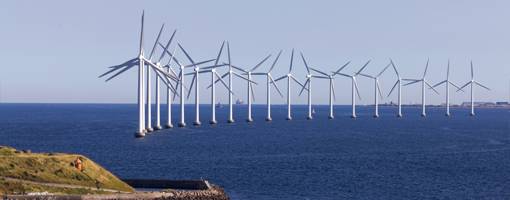Blockchain might help provide a solution to Africa’s energy deficit, where demand for electricity largely exceeds supply and thus the need for large-scale imports of polluting power generating sets.
At the same time, the UN Sustainable Development Goal 7, targeting universal energy access for all by 2030, among other international agreements is also driving a global consensus on renewable energy in off-grid communities. In several African countries, renewable energy has been the focus of development strategy and investment, and investments from the African Development Bank (AfDB), Overseas Private Investment Corporation and World Bank in solar PV and wind energy are yielding results.
The World Economic Forum has highlighted the use of blockchain that makes it is possible to establish an auditable encrypted ledger that can record energy consumption, credit histories (which are relevant when there is a need for access financing), as well as provide energy trading between households; giving consumers more control of their energy requirements and consumption. In 2017, a non-profit, Energy Web Foundation (EWF), started developing an open source, scalable blockchain platform with the aim of creating a market standard for the energy industry to build upon and run their own blockchain-based solutions.
Blockchain facilitates decentralised energy system in places with or without electricity, and its use could truly help both Africa with its energy needs as well as help curb carbon emissions.
Latest News
-
Construction firm to fundraise for air ambulance and hospice charities
-
Ferry company partners with animal charity
-
Building society and rugby club’s maths scheme supports 1,000 pupils
-
Accountancy firm launches fund to help staff support good causes
-
Law firm links up with charity to support workers with epilepsy
-
Kia UK partners with The Children’s Society
© 2019 Perspective Publishing Privacy & Cookies







Recent Stories